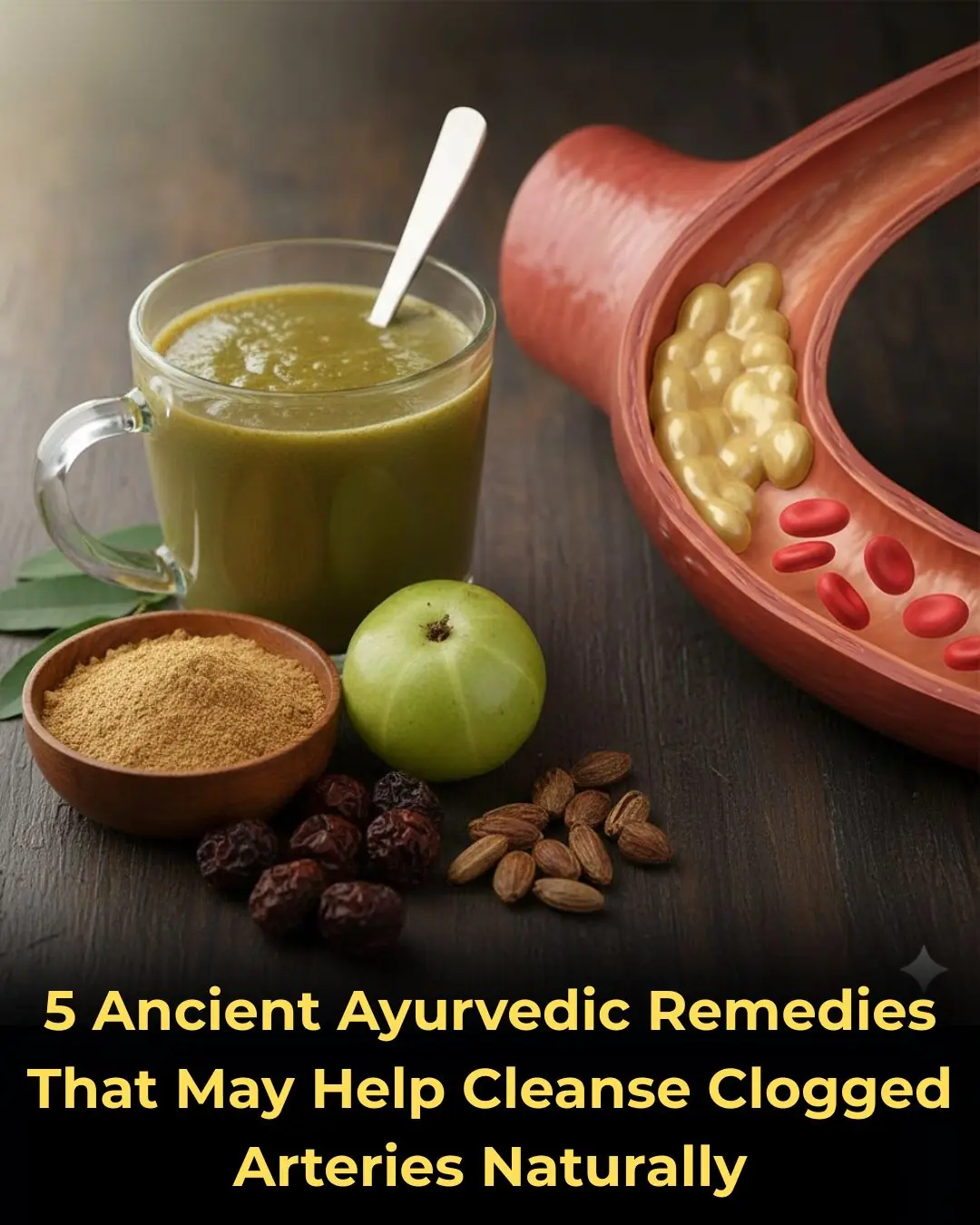
STUDY SHOWS SWITCHING TO PERSONAL CARE PRODUCTS WITHOUT CERTIAN PRESERVATIVES TURNS BREAST CANCER GENES OFF IN 28 DAYS
Just 28 Days Without Parabens and Phthalates May Reverse Cancer-Linked Changes in Breast Tissue, Study Reveals
A new scientific study has revealed something both surprising and hopeful: avoiding certain chemicals commonly found in everyday personal care products—specifically parabens and phthalates—for just 28 days may actually reverse key cancer-related changes in breast tissue.
This groundbreaking research, published in the journal Chemosphere, highlights the powerful impact of lifestyle choices on breast health and cancer prevention. According to the study, measurable molecular improvements were observed in participants after one month of avoiding products containing these potentially harmful chemicals. The findings suggest that simple changes in product use could play a role in reducing breast cancer risk at a cellular level.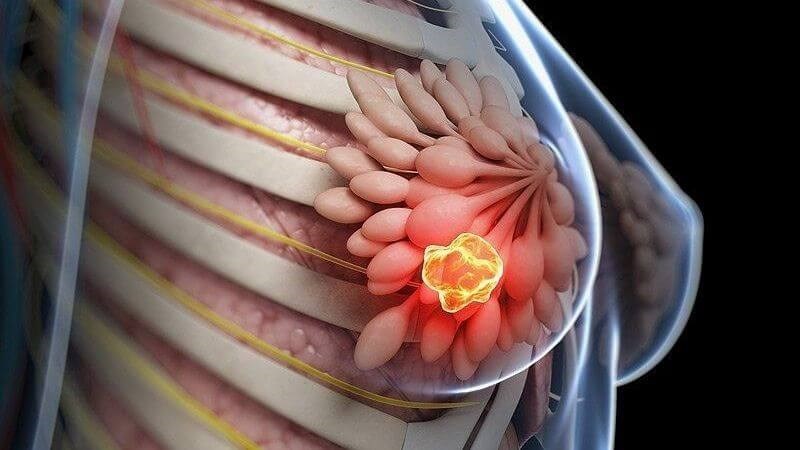
What Are Parabens and Phthalates?
Parabens and phthalates are synthetic chemicals widely used in cosmetics, skincare, hair care products, and even household items. Parabens act as preservatives, preventing the growth of bacteria and mold, while phthalates are often used to stabilize fragrance and make products more flexible and durable.
Despite their widespread use, these chemicals are known as xenoestrogens—synthetic compounds that mimic estrogen in the body. Estrogen is a hormone that plays a key role in breast development and function but is also linked to the development and progression of breast cancer when present in abnormal levels or forms.
The Study: A Closer Look at the Results
In the study, researchers analyzed breast tissue samples taken from women both before and after a 28-day period of avoiding products containing parabens and phthalates. The results were striking. Scientists observed a reduction in disruptions in several critical molecular pathways known to be associated with cancer development:
-
PI3K-AKT/mTOR pathway: This pathway plays a major role in cell growth, survival, and metabolism. Its dysregulation is a hallmark of many cancers, including breast cancer.
-
Autophagy: A process where cells remove damaged components; when this process is disrupted, it can lead to uncontrolled cell growth.
-
Apoptosis: Known as programmed cell death, apoptosis removes faulty cells that could become cancerous. A reduction in apoptosis is often found in cancerous tissues.
By eliminating exposure to these chemicals for just four weeks, participants saw improvements in all of these areas, suggesting the body may begin to repair and rebalance itself when the chemical burden is lifted.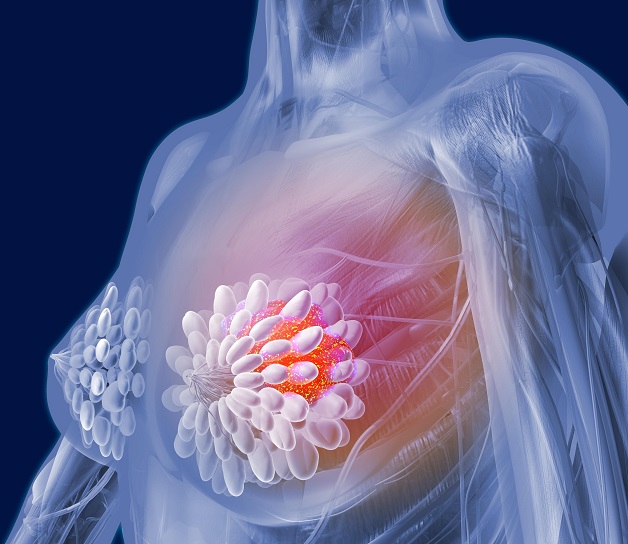
Why This Matters for Breast Cancer Prevention
The study's findings could have profound implications for breast cancer prevention strategies. While genetics and family history are known risk factors, many cases of breast cancer are linked to environmental and lifestyle factors—including exposure to endocrine-disrupting chemicals like parabens and phthalates.
Reducing or eliminating these exposures may be a simple yet powerful way for individuals to take control of their health. Because these chemicals are so prevalent, making informed choices about the products we use daily—such as opting for “paraben-free” or “phthalate-free” labels—can potentially make a big difference.
What You Can Do Today
If you’re looking to reduce your risk of breast cancer or simply promote better overall health, here are a few easy steps to take:
-
Check product labels: Look for “paraben-free” and “phthalate-free” labels on cosmetics, lotions, shampoos, and deodorants.
-
Choose natural or organic brands: Many natural product lines avoid synthetic preservatives and fragrances.
-
Reduce fragrance use: Artificial fragrances often contain phthalates. Opt for fragrance-free or naturally scented products.
-
Support cleaner beauty standards: Look for brands that prioritize ingredient transparency and safety.
Conclusion
The discovery that avoiding parabens and phthalates for just 28 days can reverse cancer-related molecular changes in breast tissue is a hopeful reminder of the body’s resilience. It also emphasizes the importance of making conscious, informed choices about the chemicals we expose ourselves to daily. While more research is needed to understand the long-term effects, this study offers a promising glimpse into how small changes may yield significant health benefits—possibly even saving lives.
News in the same category

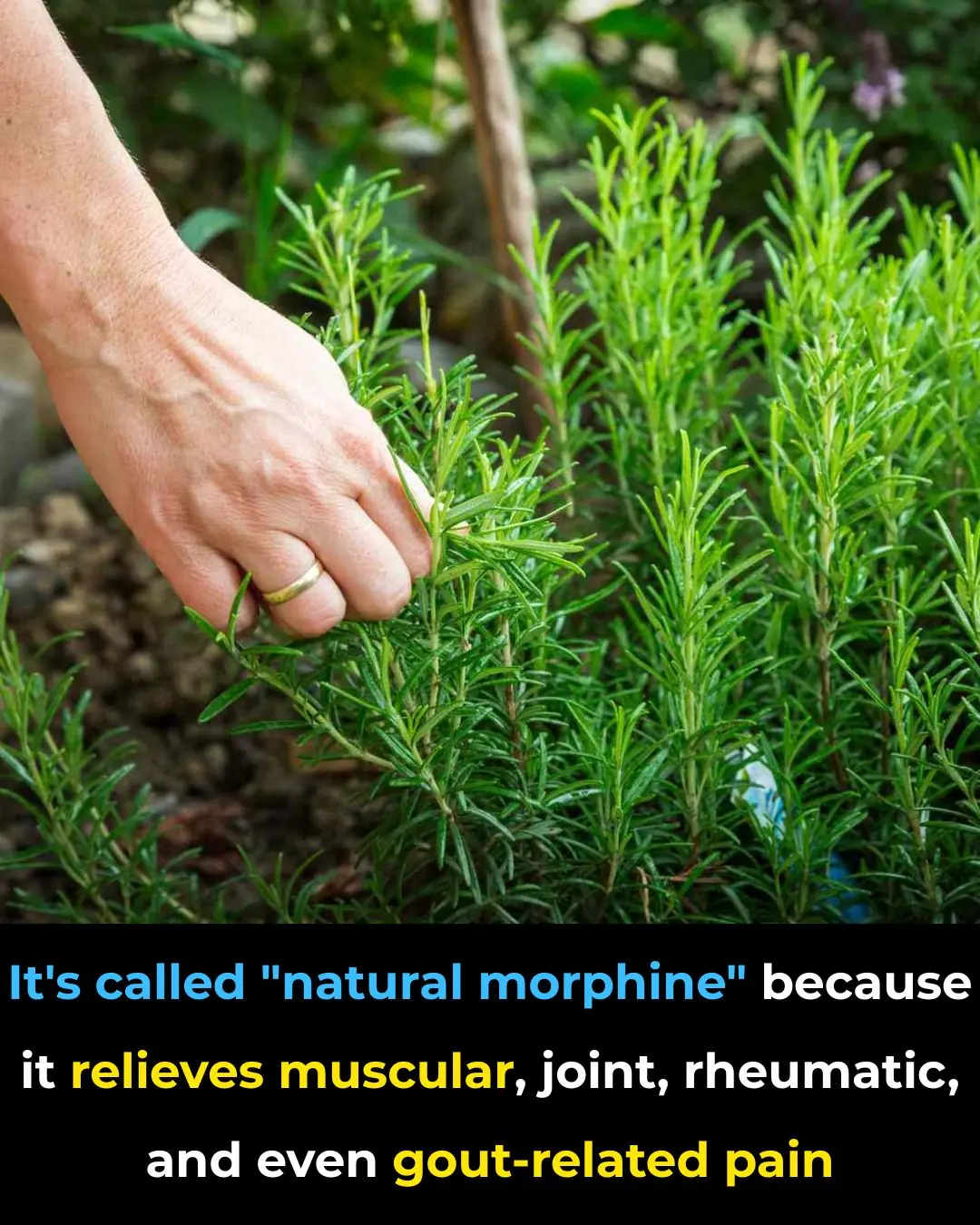
How to Grow Rosemary Abundantly at Home: Your Aromatic, Memory-Supportive Garden Ally
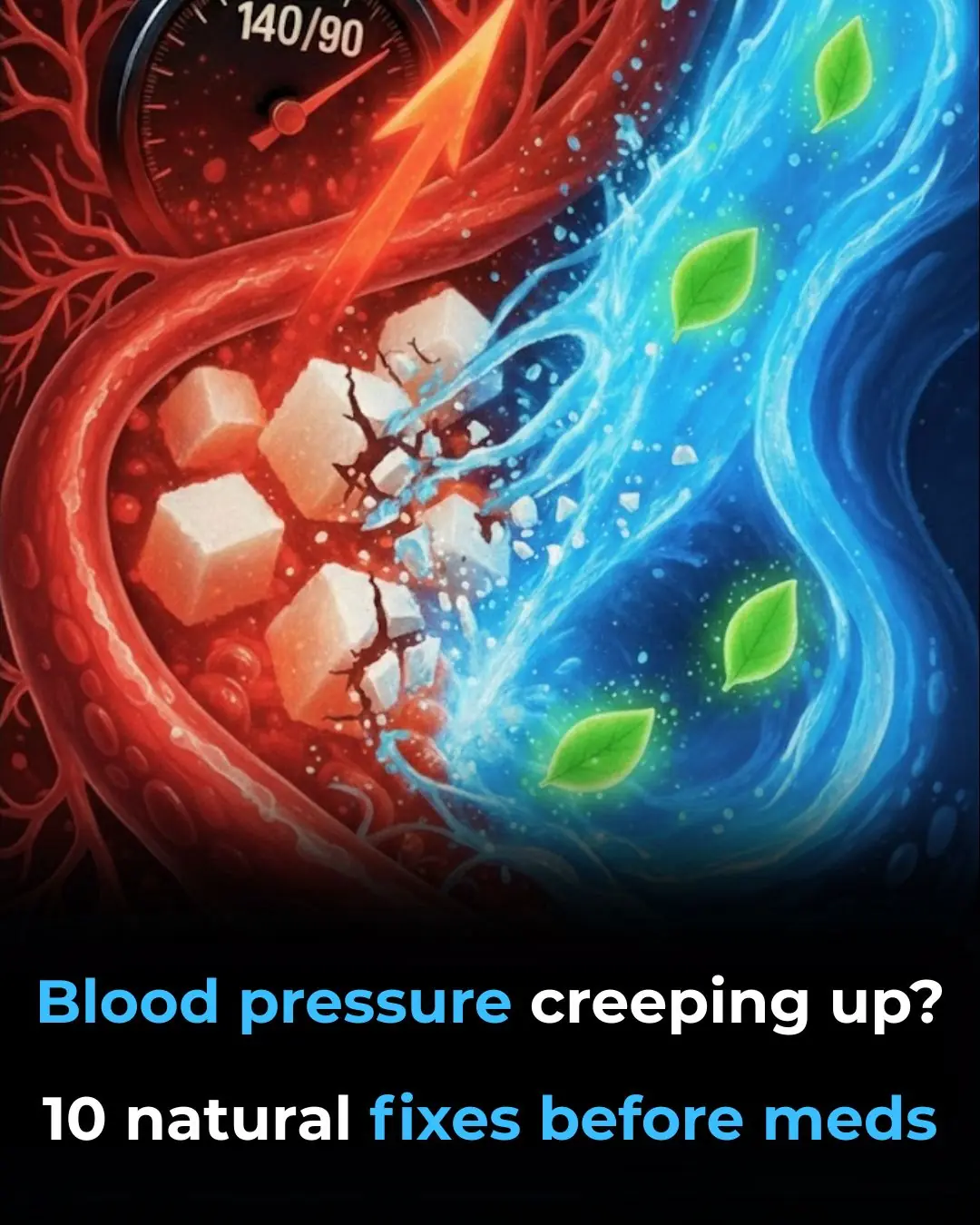
Blood pressure creeping up? 10 natural fixes before meds
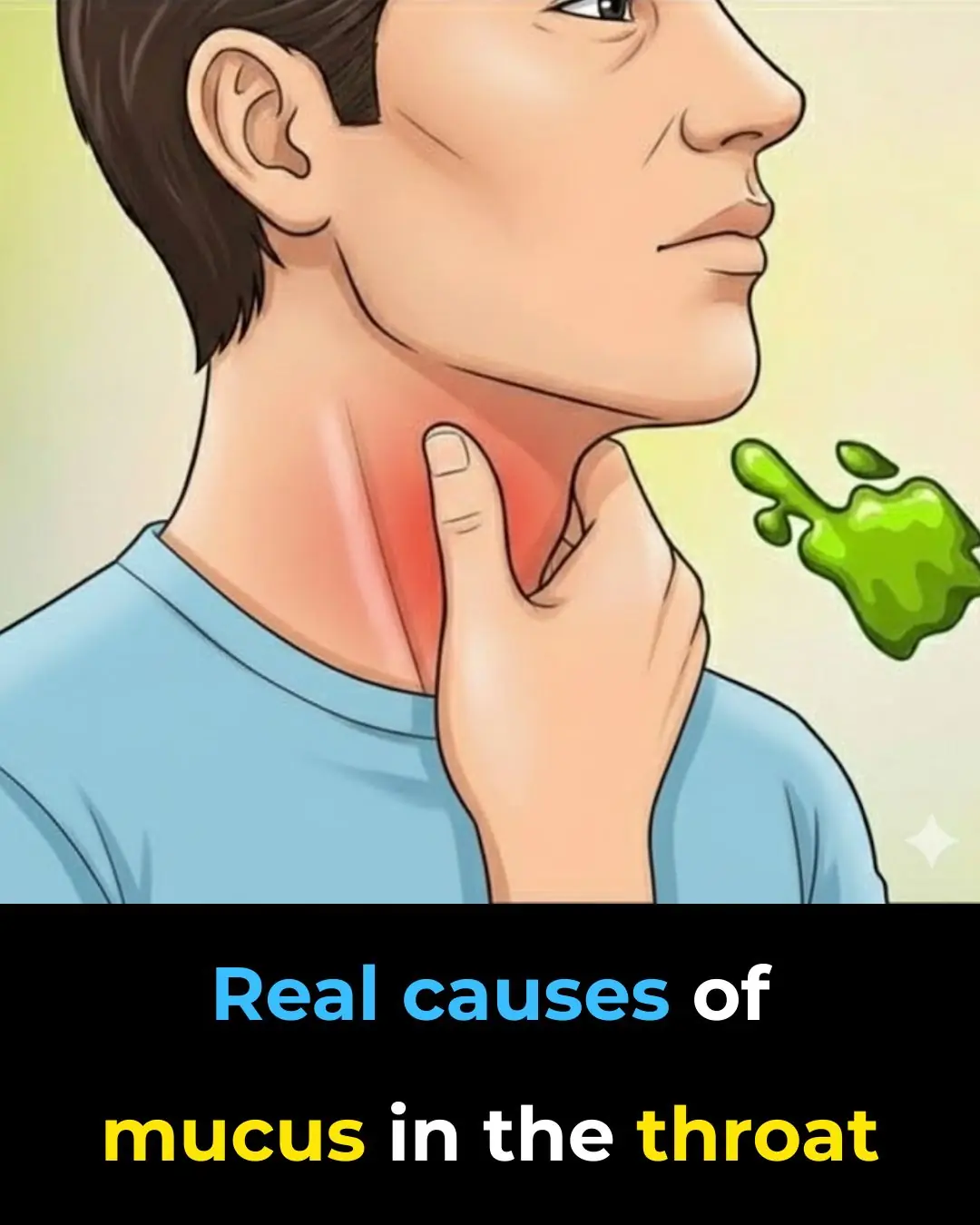
🫁 The Real Causes of Constant Phlegm and Mucus in Throat — And How to Get Rid of It
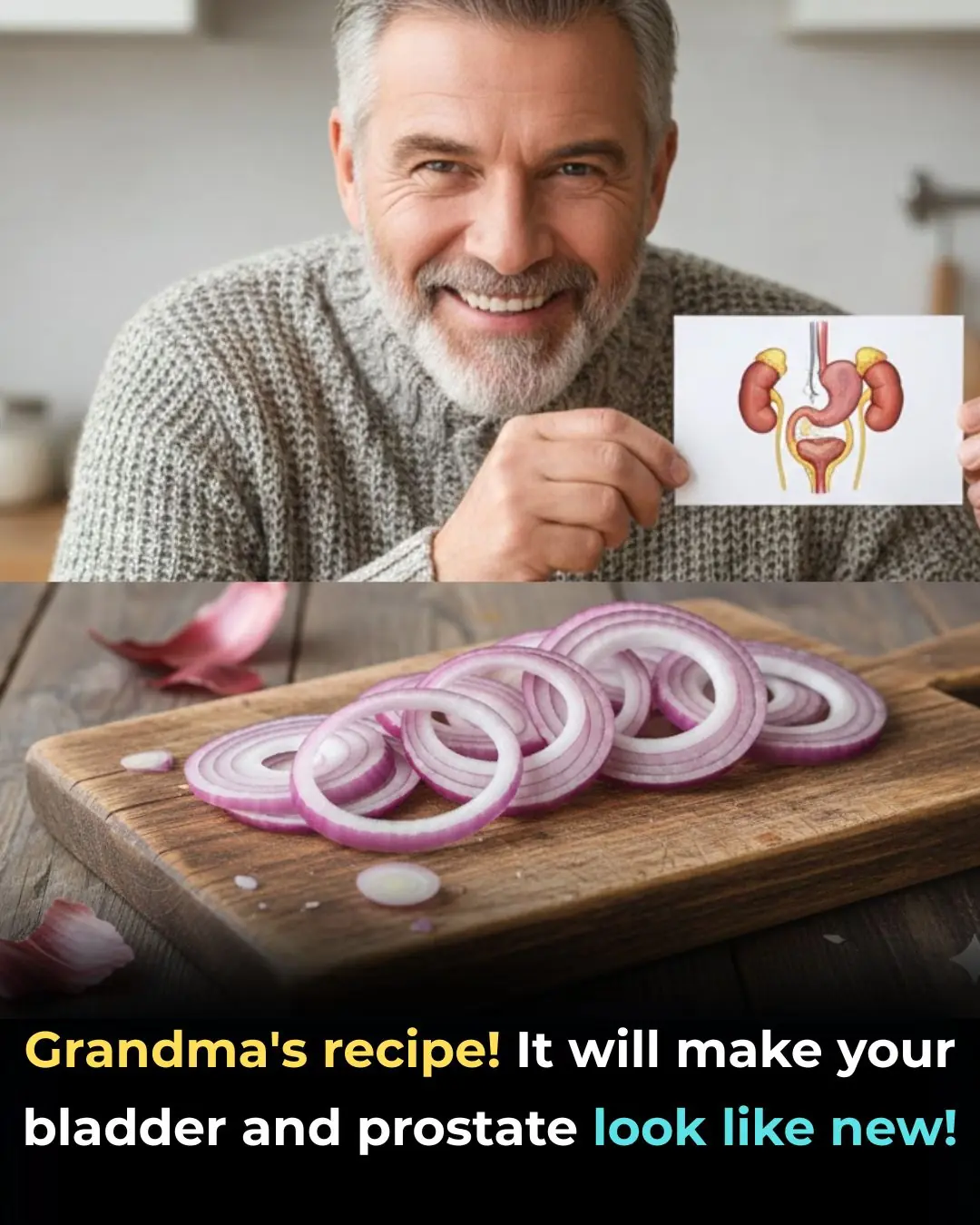
The Hidden Danger on Your Fruit — and the Simple Method That Can Make It Safer
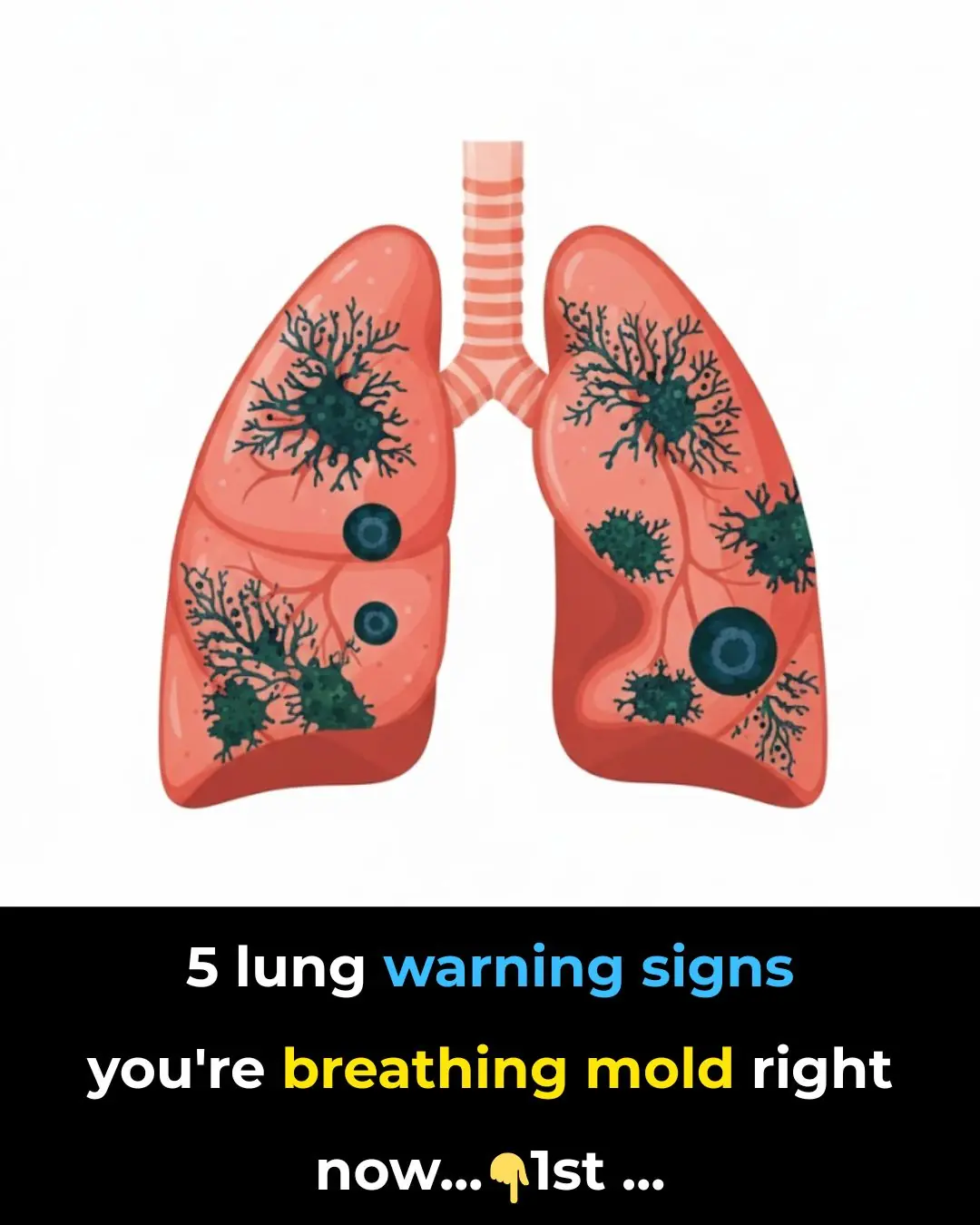
5 Signs Your Lungs are Being Exposed to Mold
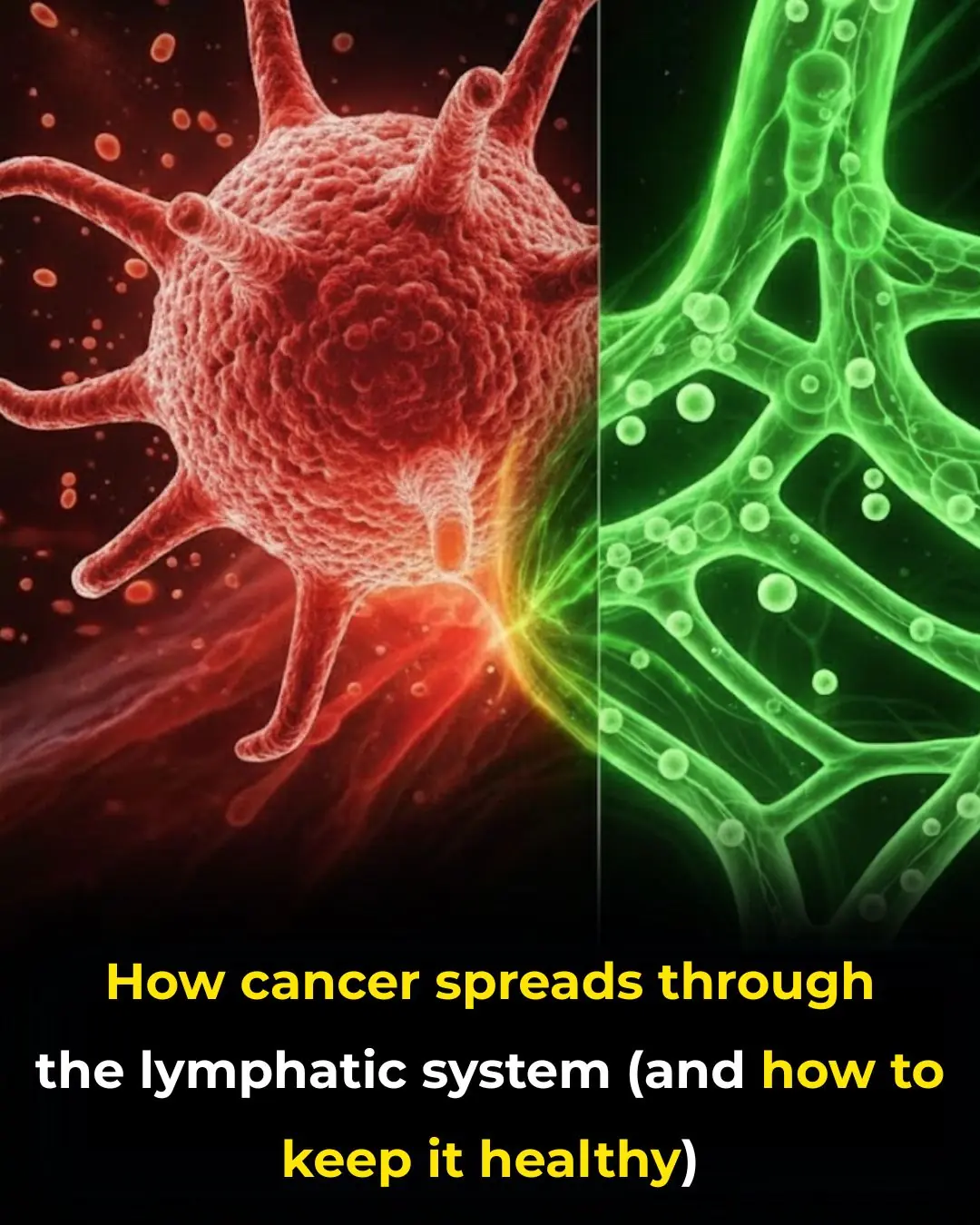
How Cancer Spreads Through The Lymphatic System (And How To Keep It Healthy)
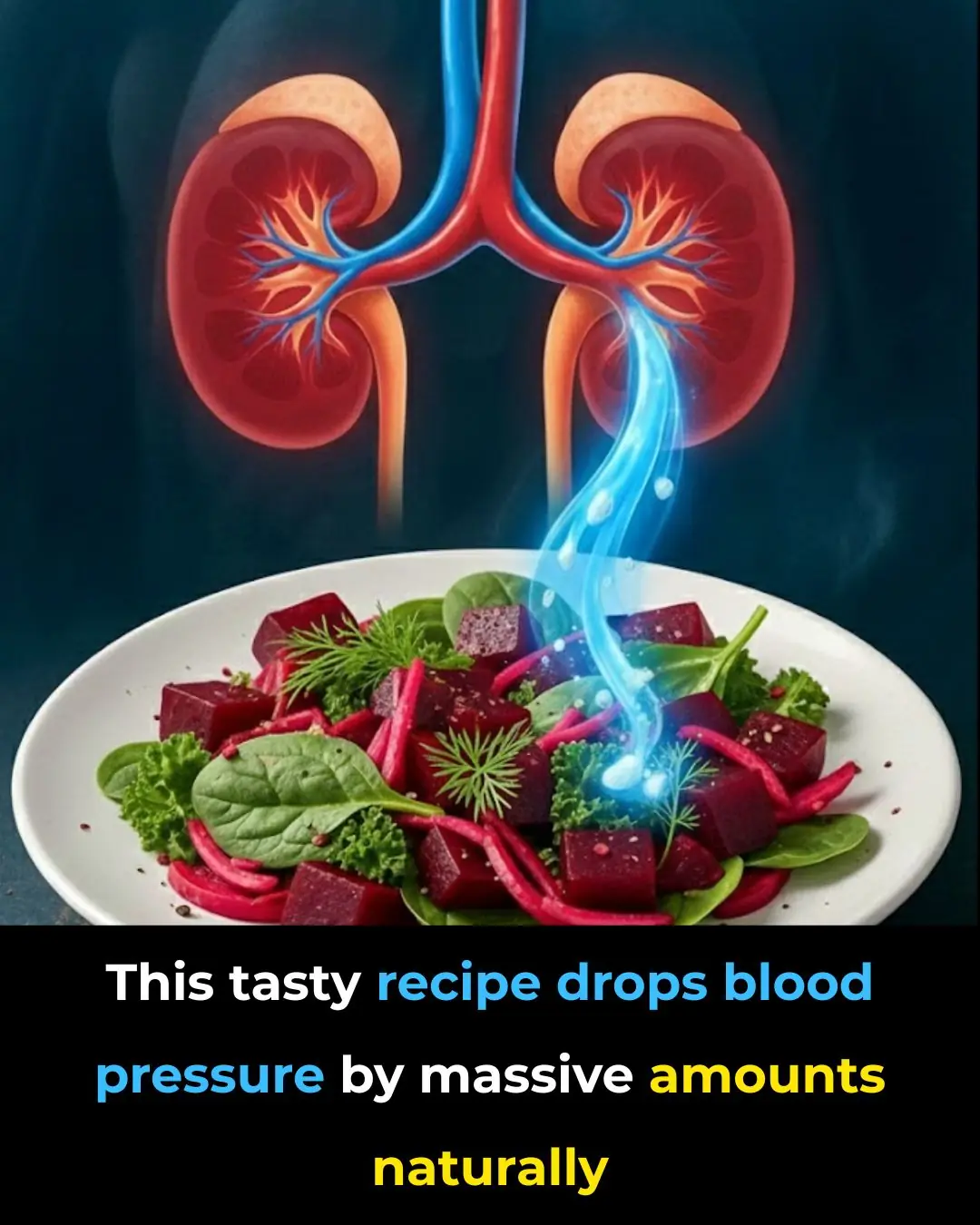
This tasty recipe drops blood pressure by massive amounts naturally
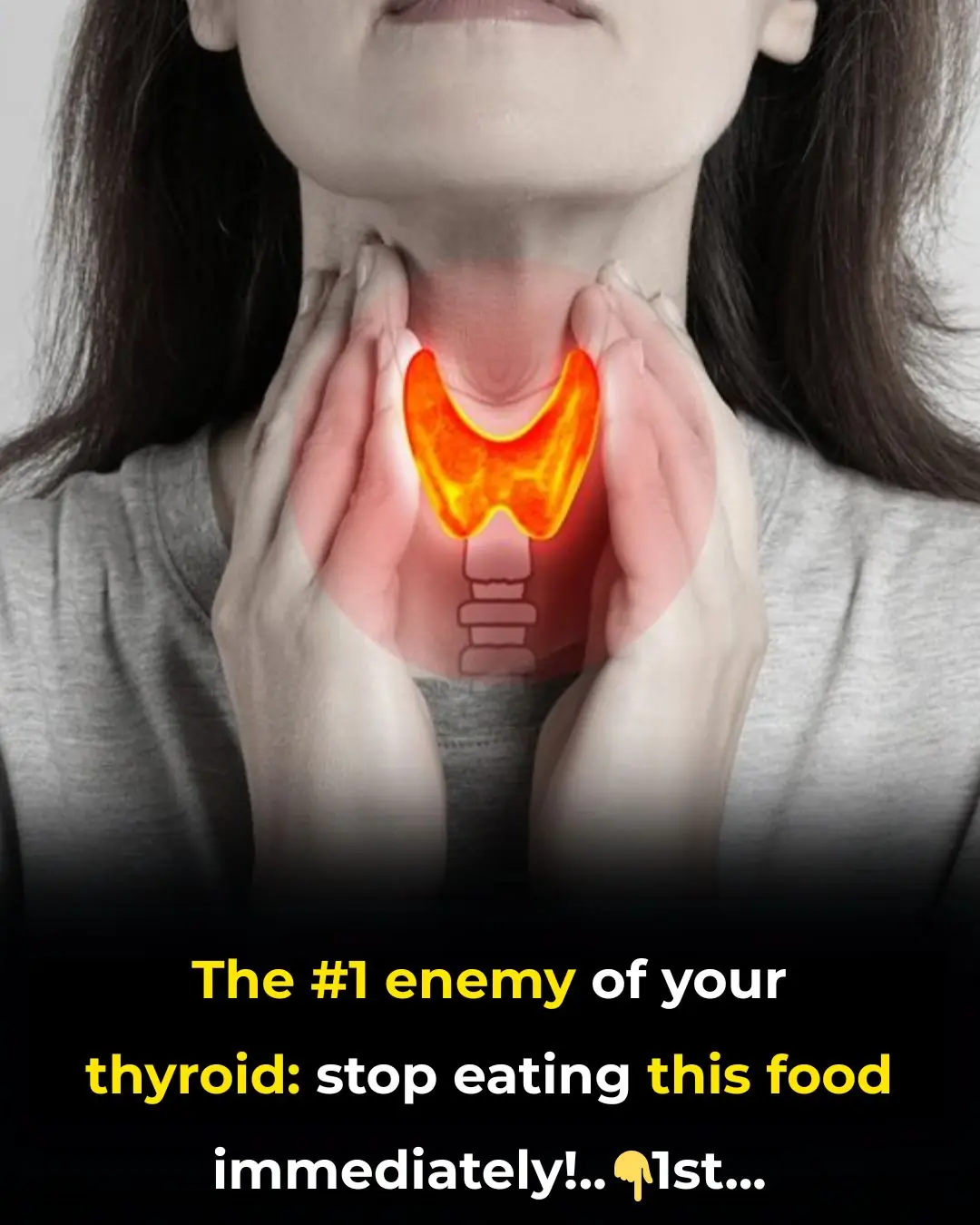
The #1 enemy of your thyroid: stop eating this food immediately!

First Three Colors You See Reveals What’s Really Bothering You

Hotel Workers Reveal What Goes On
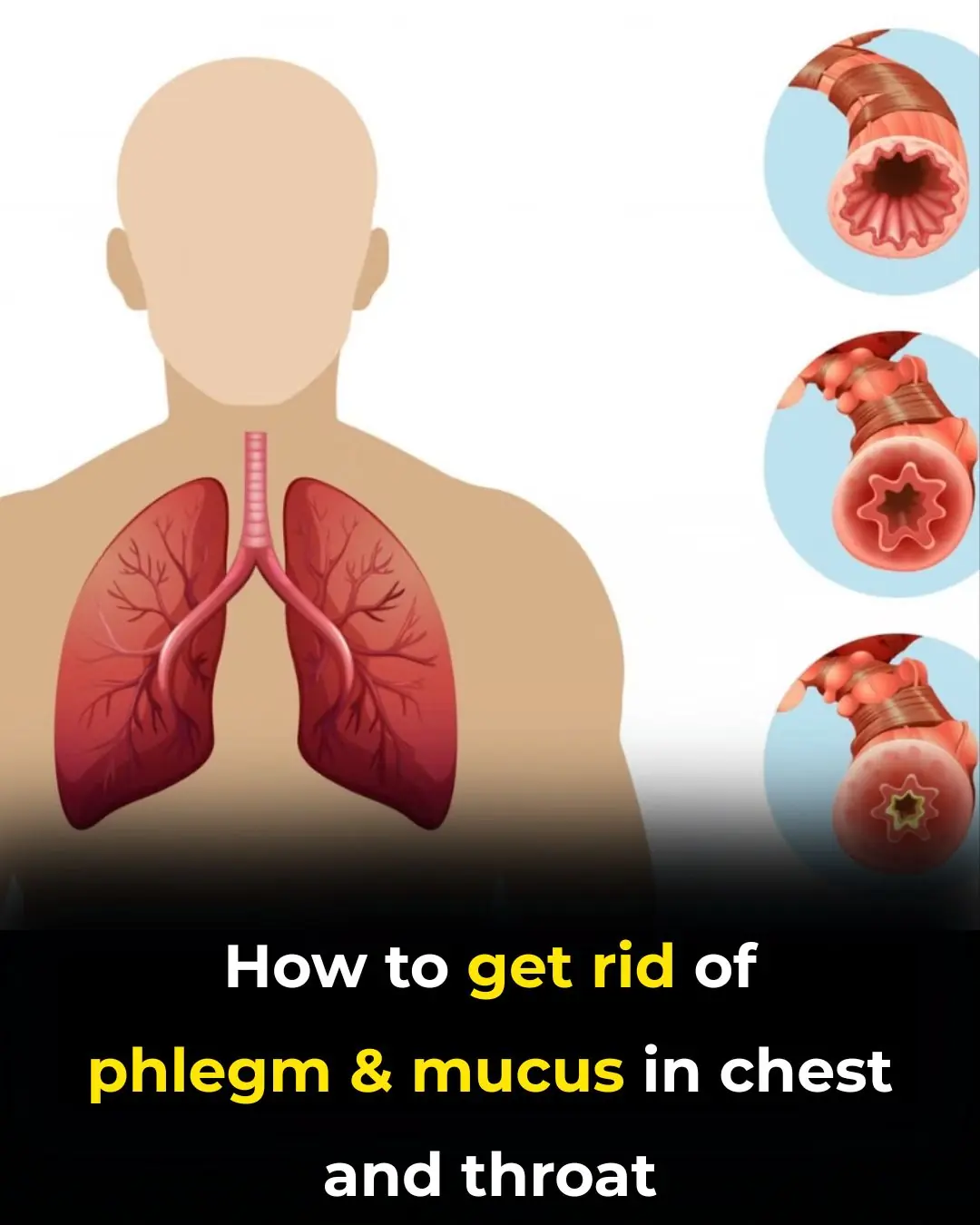
Understanding Phlegm: Why It Builds Up and How to Naturally Reduce It
![Reduce Foot And Ankle Swelling [Top 9 Causes]](https://onplusnewscom.8cache.com/onplusnewscom/images/2025/12/13/1765633594jVo6Fro3lO.webp)
Reduce Foot And Ankle Swelling [Top 9 Causes]
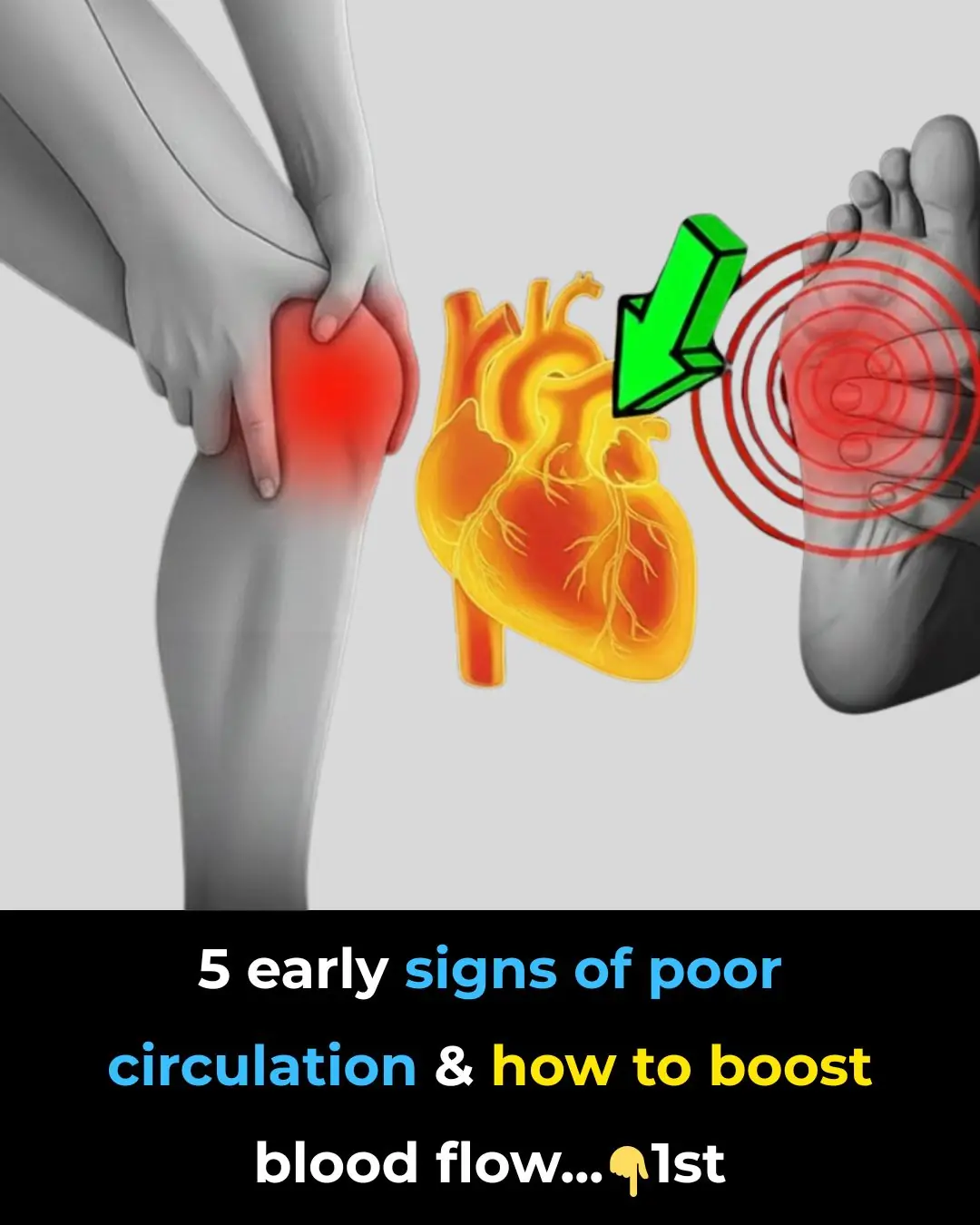
5 early signs of poor circulation & how to boost blood flow

Foods to Eat When You’re Sick: Nutritional Support for Faster Recovery

Strange Body Symptoms Explained: What Your Body May Be Telling You

Understanding Magnesium: Types, Symptoms, and Scientific Support

Herbal Balms You Should Keep at Home: Traditional Uses and Scientific Perspectives
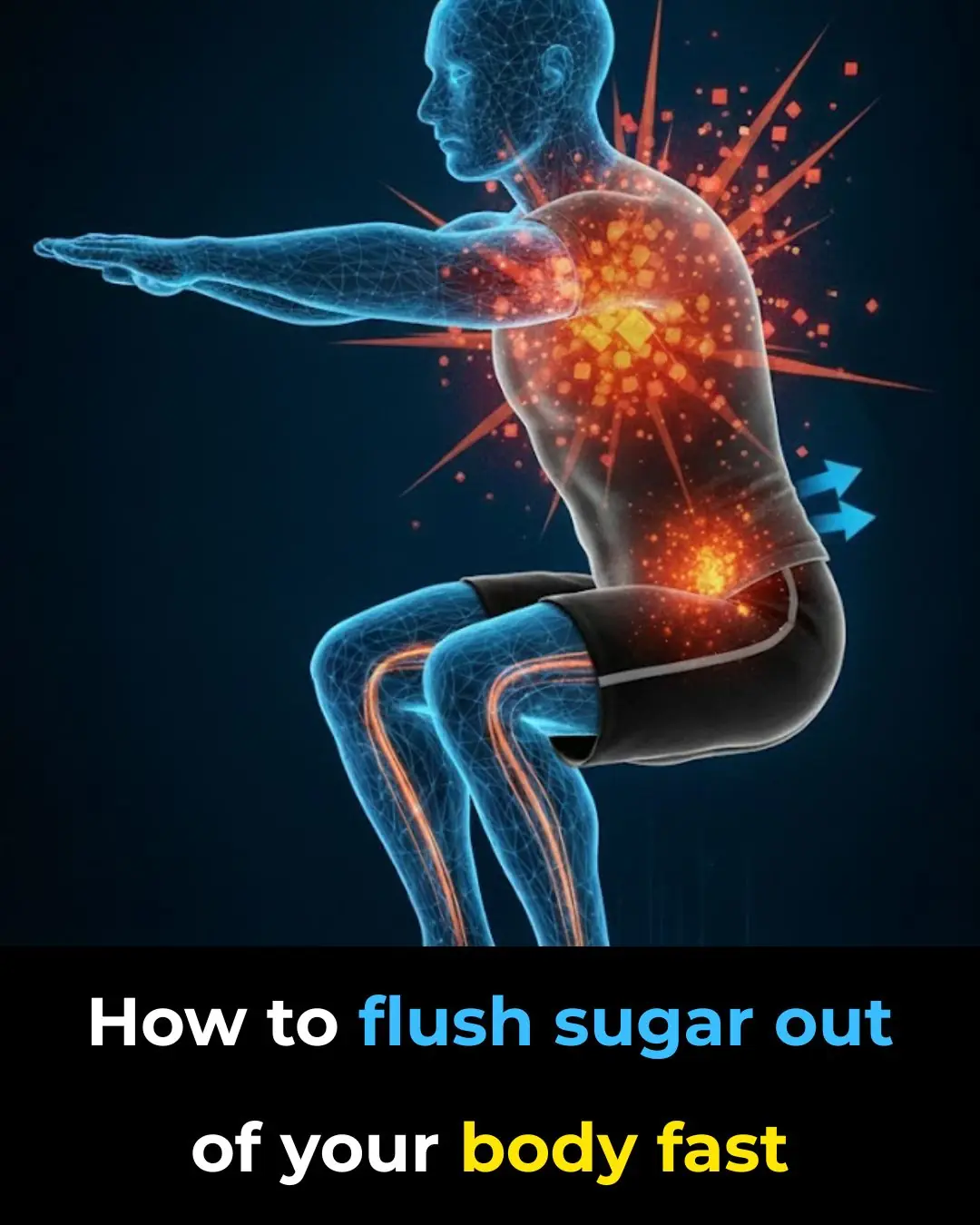
How to flush sugar out of your body fast
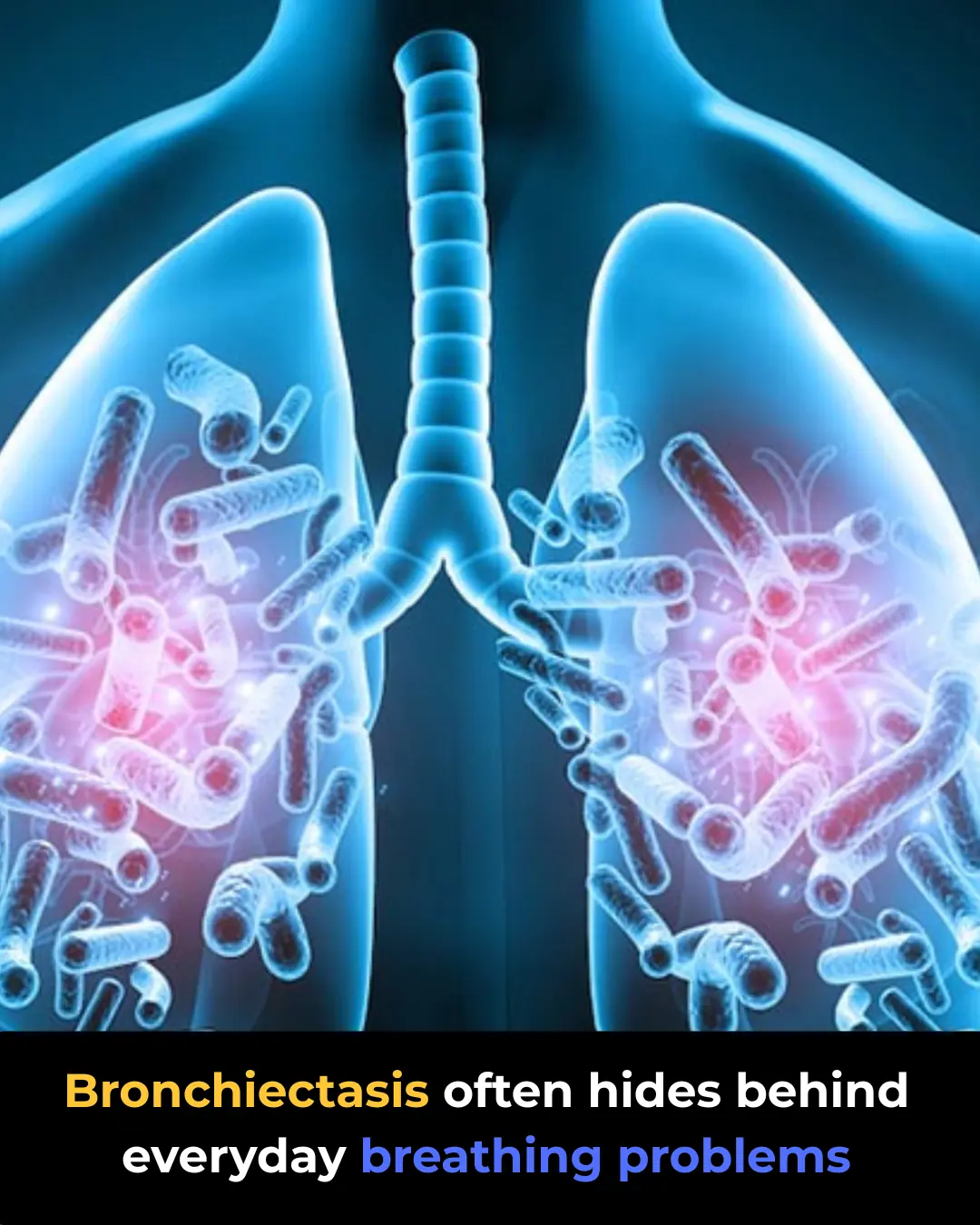
Bronchiectasis: Symptoms Most People Overlook
News Post

5 Ancient Ayurvedic Remedies That May Help Cleanse Clogged Arteries Naturally

Bee Venom Shows Promise in Destroying Aggressive Breast Cancer Cells in Under 60 Minutes

Dog Swept Away by Typhoon Floods in the Philippines Miraculously Finds His Way Home After Two Weeks

China Tests Jumbo-Sized Hypersonic Jet Reaching Mach 6.5, Redefining Ultra-Fast Air Travel

How to Grow Rosemary Abundantly at Home: Your Aromatic, Memory-Supportive Garden Ally

Blood pressure creeping up? 10 natural fixes before meds

What does it symbolize when a person who passed away appears in your dream

Snowball the Leucistic Alligator: A Rare Living Wonder Lost to Human Greed
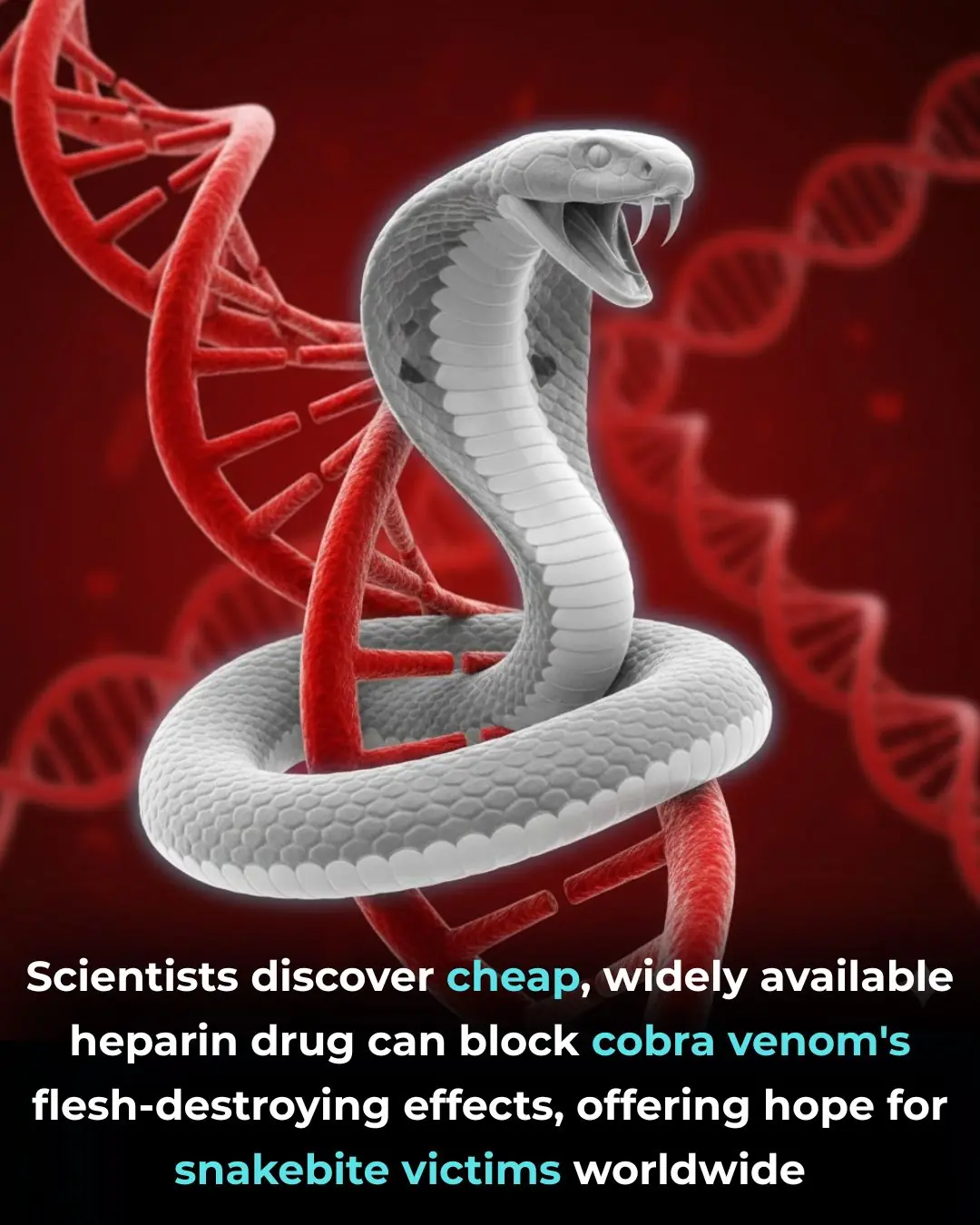
Scientists Identify a Low-Cost, Widely Available Antidote That Could Reduce Cobra Venom Damage

China Uncovers a “Supergiant” Gold Deposit in Hunan, Potentially Reshaping Global Supply
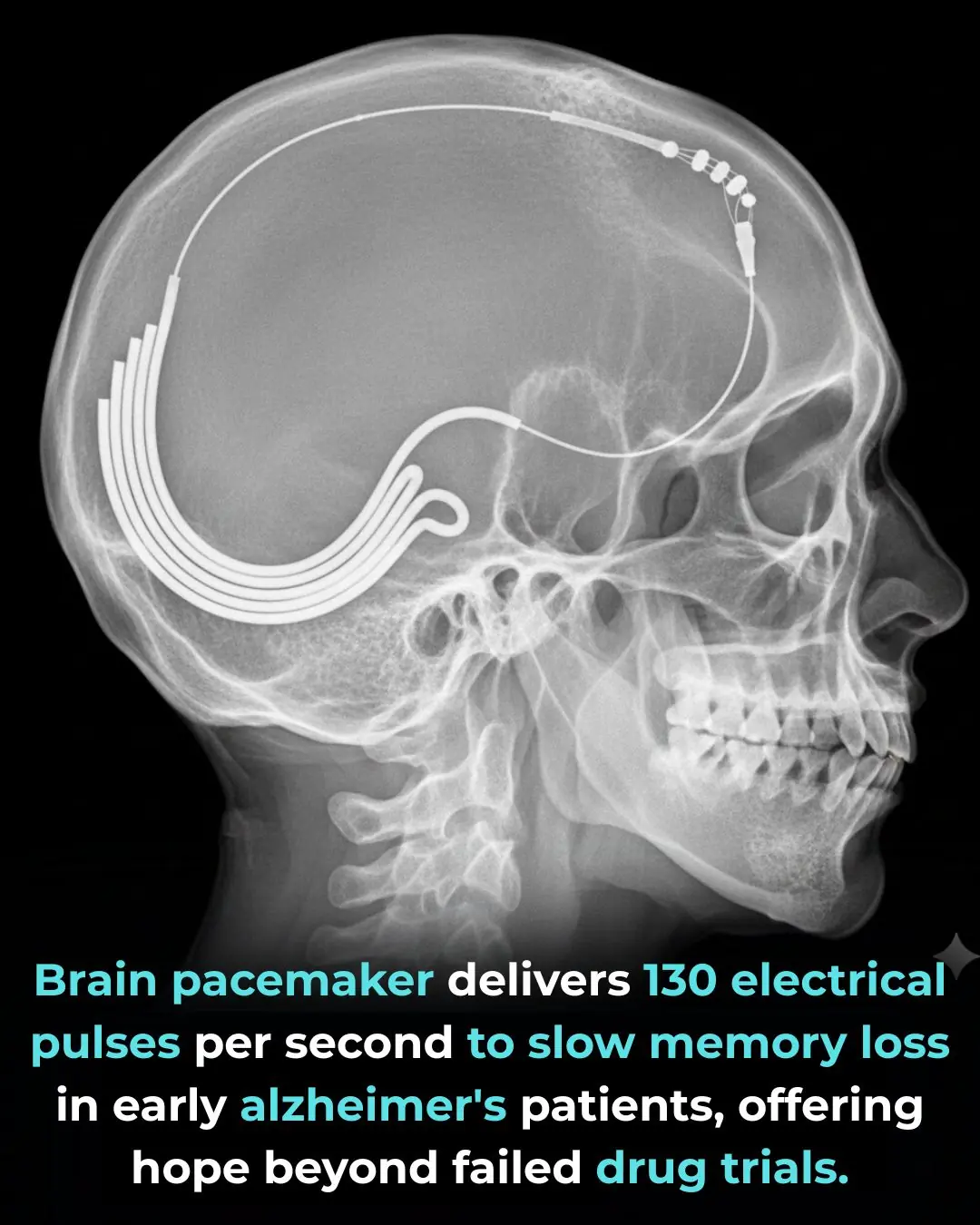
Brain Pacemakers and Alzheimer’s: How Deep Brain Stimulation Could Slow Memory Loss

Your Breath Is a Biometric Signature: How Breathing Patterns Can Identify Individuals and Reveal Mental Health Clues

Tree-Climbing Crocodiles: New Research Redefines What We Know About Ancient Predators
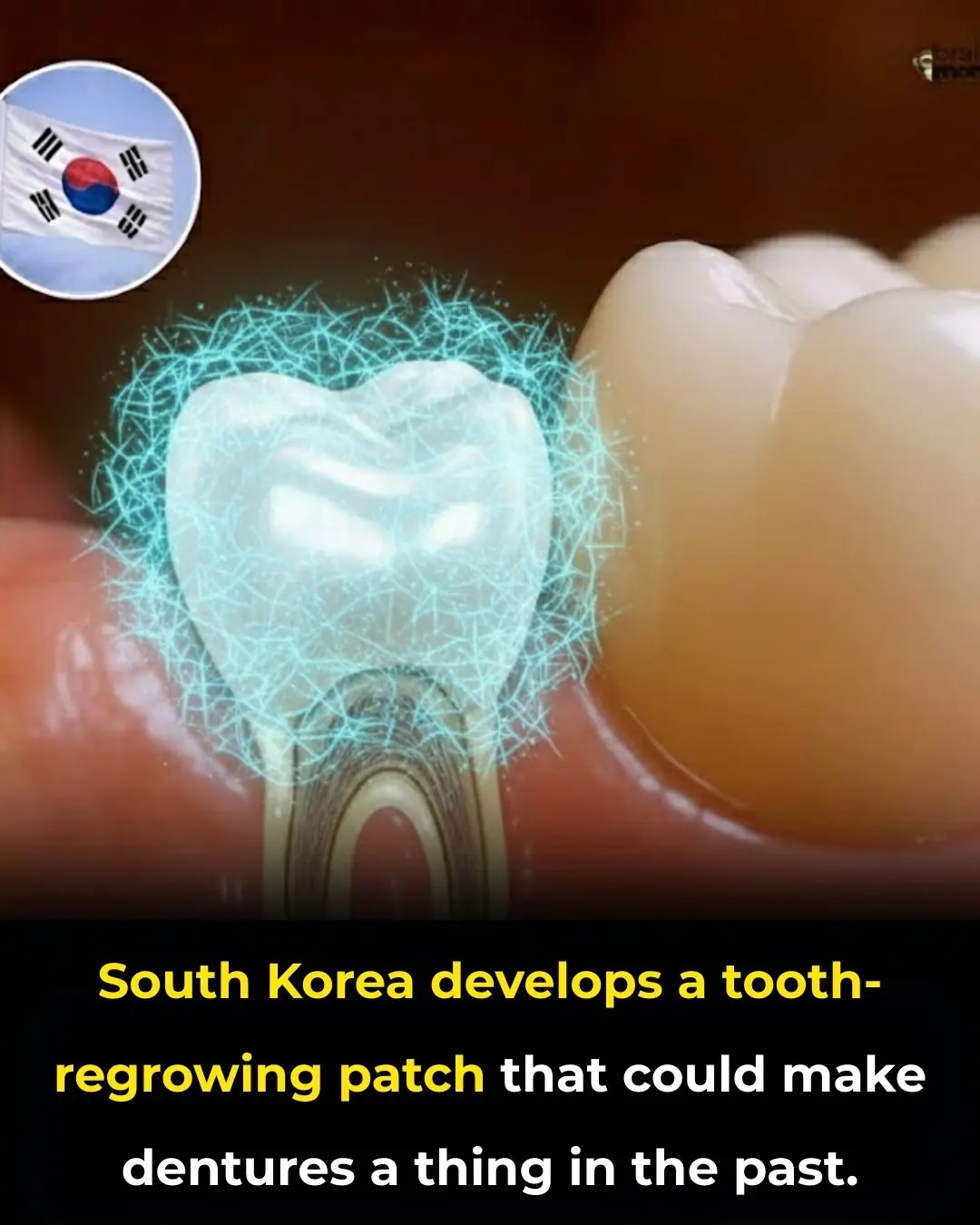
Revolutionary Microneedle Patch Offers Hope for Natural Tooth Regrowth

Revolutionizing Communication: Danny Manu's Mymanu CLIK Breaks Language Barriers Worldwide

🫁 The Real Causes of Constant Phlegm and Mucus in Throat — And How to Get Rid of It

The Hidden Danger on Your Fruit — and the Simple Method That Can Make It Safer
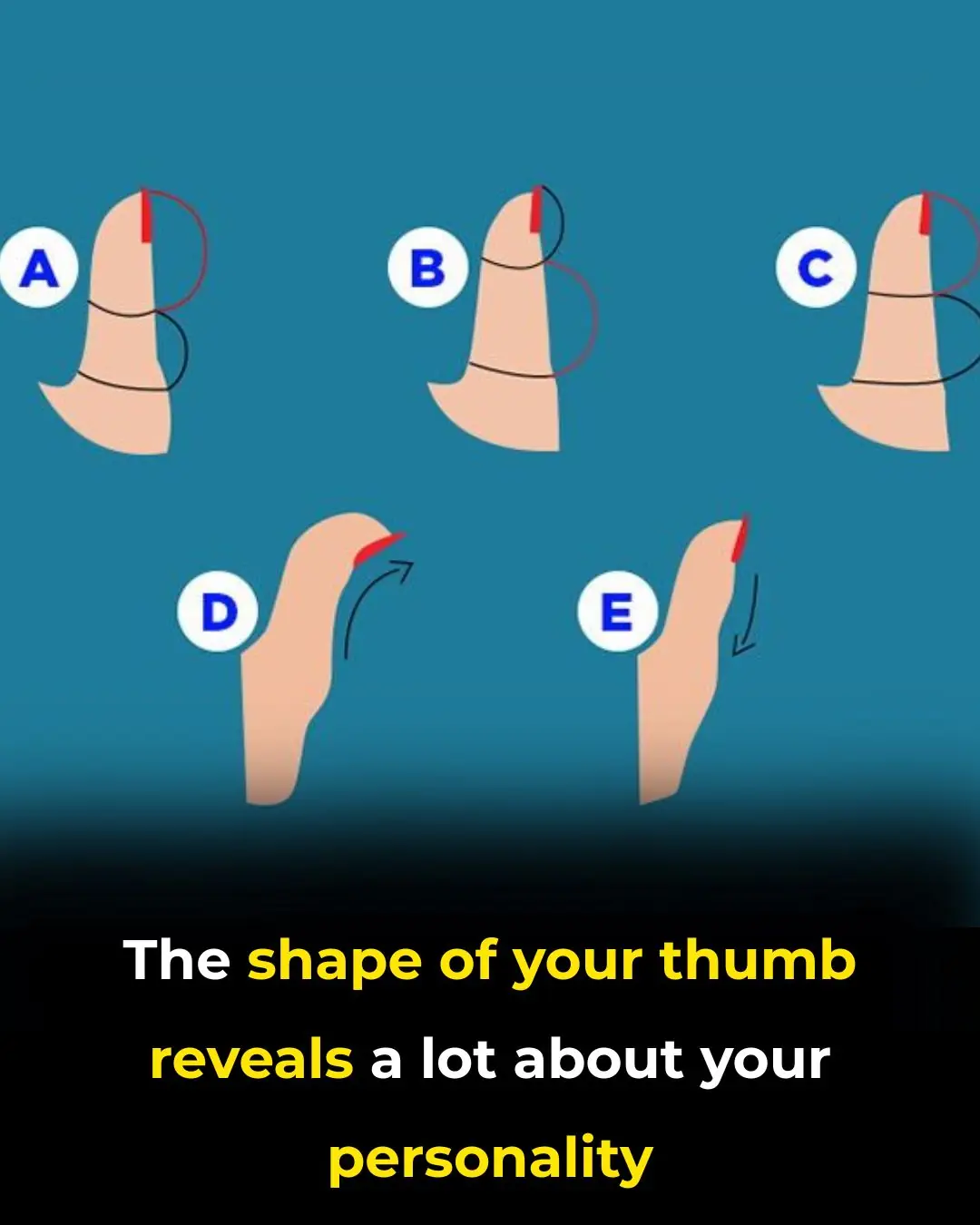
The Secrets Your Thumb Shape Reveals

5 Signs Your Lungs are Being Exposed to Mold
